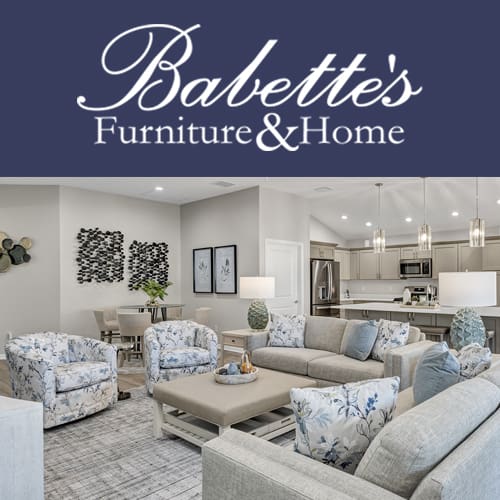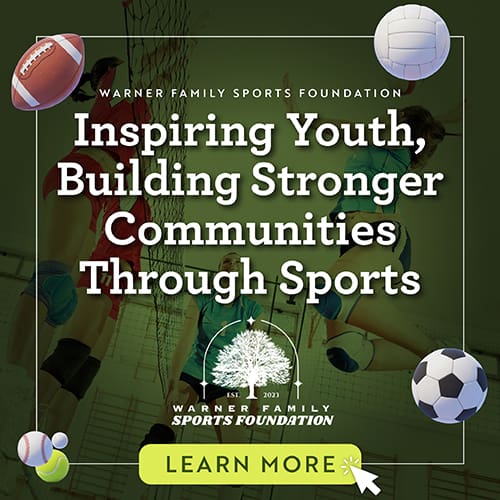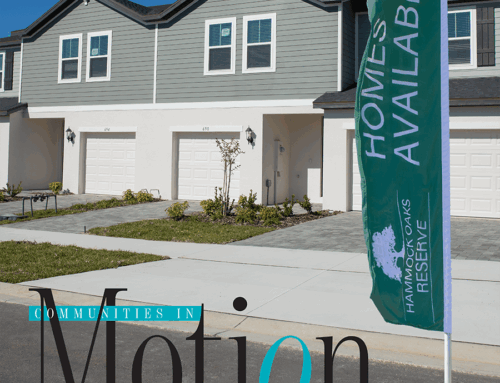
By Gary Corsair
Our Shameful Secret

Domestic violence taints Lake & Sumter counties.
Lake County, we have a problem.
While we celebrate crystal-blue lakes and lush fairways, monsters are giving us a black eye we can’t cover up with sunglasses and suntan lotion.
For thousands of citizens, the county promoting itself as Real Florida, Real Close … is Real Dangerous.
Monsters who demean, strike, and emotionally abuse the very people they claim to love live among us.
How big is the problem? In 2019*, the Lake County Sheriff’s Office reported 1,719 domestic violence related offenses.
You read right; five times a day, one of our neighbors phoned 9-1-1 and shouted, sobbed, or whispered something along the lines of, “Please help me, he’s going to kill me.”
And those are only the documented cases. We can only guess how many victims were too afraid to call or prevented from seeking help.
It took Bonnie 20 years. She didn’t pick up the phone when husband No. 1 threw a frying pan at her. Five years later, she didn’t call; she just moved out when husband No. 2 threatened her son.
Bonnie (not her real name) was invisible until husband No. 4 pointed a pistol at her face and began locking the bedroom door at night and sleeping with a pistol under the pillow and a shotgun nearby. Bonnie didn’t seek help until he slammed her against the wall and hissed, “You are my wife, and you will never leave.”
Why did she stay so long?
“In between the times of crazy, the devotion, undying love and support comes through,” she says. “I think ‘This is NOT his fault.’ Service to his country has severely wounded him. God would not put me in this situation if I couldn’t handle it. I can do this. I can love and support him through his pain. Leaving is quite possibly the hardest thing you will ever do.”
Kelly Smallridge, director of Haven of Lake & Sumter Counties, Inc., understands why thousands of Bonnies stay with tormentors.
“If you think about how women are raised; we’re raised as caretakers,” Kelly says. “And we want to believe what people tell us anyway. That’s just human nature. So, when someone says, ‘I promise I will never do it again.’ We want to believe that.”
What a victim should believe is their abuser will not and cannot change.
“If they hit you once, they’re going to do it again,” Kelly states.
That’s what Kelly tells women—and men—when they explain through broken, bloody lips that they stayed with a partner who hit them.
There are valid reasons why women stay to be hit again and again, and/or verbally attacked and emotionally belittled.
“It’s hard to leave a relationship when you have that emotional connection, or you have children, or you don’t have a job, or you have no money, there’s a million good reasons why they stay. Most people don’t realize how hard it is to really leave,” Kelly says.
Bonnie can relate. Her bank account was empty when she left No. 4. But she finally left.
Leaving nearly cost Bonnie her life.
In a voice breaking with emotion, Bonnie returns to the terrible scene: “He exits the truck with his blank, mission-to-kill face. I am screaming, ‘You need to leave!’ He jumps in his truck. I start to run. He is trying to run me over. ‘I am going to die!’ I run into the house and lock the door. I see through the window that he has parked by the barn a good distance away. He is walking towards the house … approaching on a mission to kill. My phone is left outside in my panicked retreat. I find my pistol. I run out to the top of the hill by the house screaming, ‘You have to leave!’ He continues his advance. No words, nothing… I fire warning shots away from him … He finally stops about 50 feet away after multiple warnings and retreats.”
Bonnie understands she’ll never be completely free.
“The constant reliving the event and every diesel truck sound sent me into a collapsed ball of sobbing mush on the floor or ground – wherever I happened to be at the moment. I was on the verge of suicide. If not for my dog, I would be dead,” Bonnie says. “Every diesel truck still sends me into a panic, in spite of living in another state, although I no longer collapse. You can start over. You can heal with the right support. You can find your true self for the first time or reclaim your true self if you were ever lucky enough to have known yourself at some point in your life. You may lose your job, your home, your car, your pets. You WILL lose family, friends, and acquaintances. You will feel devastatingly alone.”
It doesn’t have to be that way. That’s the point of this article.
Not sure if you’re in an abusive relationship, or about to enter one? Look for your mate or prospective partner in this summary of “characteristics of batterers” from a list The Haven provides clients. Doing so could save your life.

Domestic violence shelter has turned away thousands
Domestic violence is a big, big problem, but it’s not THE
big problem.
Lake County’s lack of facilities and programs for domestic violence victims is the larger issue.
“We normally, within our shelter, would serve 40 clients at a time, but we’ve been limited to 14,” says Kelly Smallridge, director of Haven of Lake & Sumter Counties, Inc. “The county commission wouldn’t give us a new zoning to do 40. We have a waiting list and since this happened, we’ve turned away probably
3,000 people.”
What “happened” was a 4-1 vote by Lake County Commissioners on January 28, 2020 to deny Haven’s request to rezone in rural Lake County so the capacity of the shelter could be increased from 14 people to 120.
During the meeting, Commissioner Josh Blake, who made the motion to deny the rezoning request, opined that Haven is bound by the promise made in 2002 that “there would be no more than 14 people at the facility.” He also cited concerns
by neighbors.
Kelly disagreed then, and 3,000 domestic violence victims later, she still disagrees.
“I’ve fought them and fought them, and I don’t have any money to keep fighting them,” Kelly says.
With that said, Kelly cannot bring herself to utter the words, “Sorry, we’re full,” to a victim of domestic violence.
“What we do, as opposed to saying, ‘We just can’t take you,’ we try to find them a place in another county, or a homeless program, or something so that we can accommodate them in some way. Basically, right now, we’re dependent on other shelters and whatever we can do to find them a safe place,” Kelly said.
Those who oppose expansion of the Haven’s shelter for abused women have valid reasons for their position.
Obviously, so does the Haven’s board of directors.
The impasse is unfortunate, to say the least.

Characteristics of batterers
*The most recent statistics available.
Gary Corsair began writing professionally while attending high school in Greentown, Indiana. He's spent most of the past 46 years in writing, reporting, editing and producing roles for newspapers, magazines, TV, and radio. He's served as publisher and editor of three newspapers, TV news director, and executive producer of two documentaries about The Groveland Four. Gary’s earned more than 65 awards for journalism excellence.







































